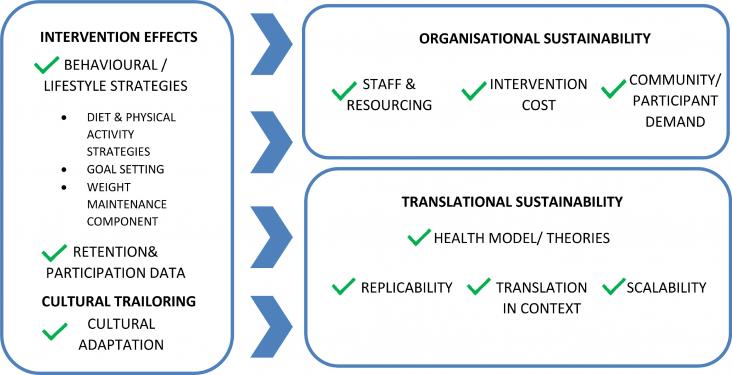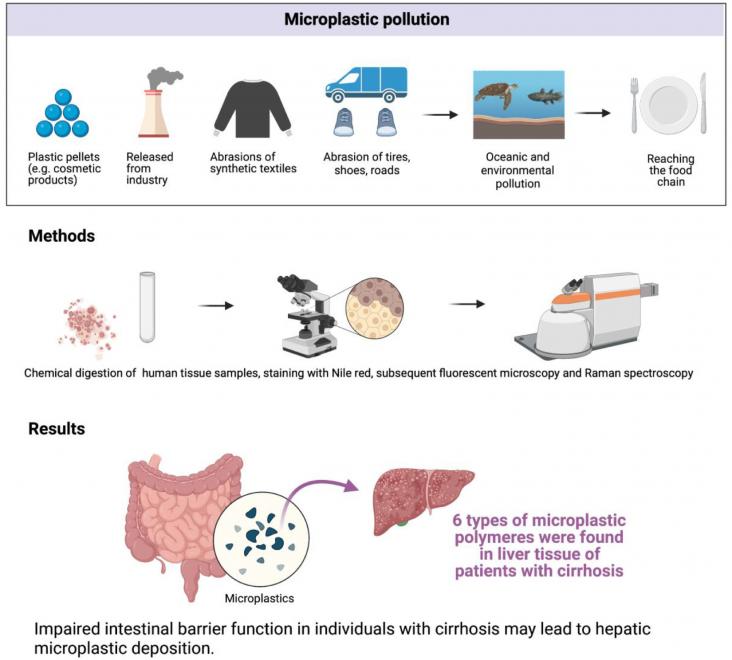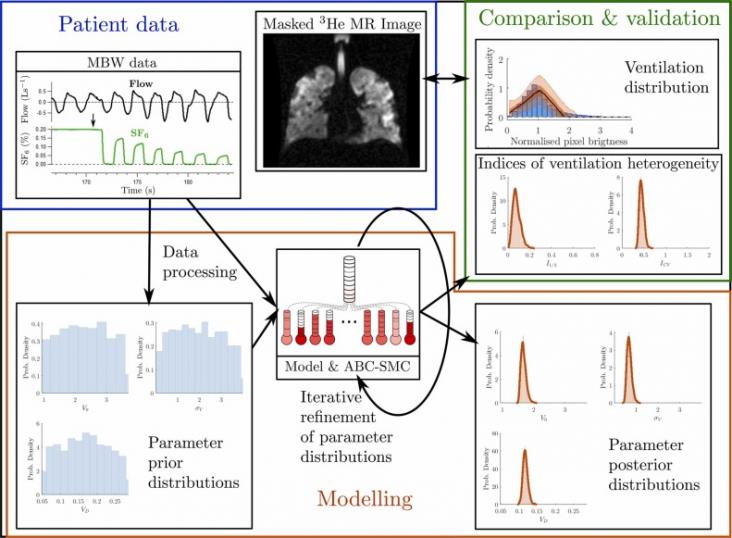This Comment article supports SDGs 3, 6, and 10 by highlighting major disparities in the coverage and quality of water, sanitation, and hygiene (WASH) services for minority ethnic groups in Bangladesh.

An Article showing the beneficial impact of lifestyle interventions on weight loss and weight maintenance among the Pasifika community, in the context of SDG 3 and 10.
This Article supports SDG 3 by analysing two vaccination strategies for hepatitis A outbreaks in men who have sex with men: pre-emptive (before an outbreak occurs) and reactive (once an outbreak has started). The study shows that both strategies can be cost-saving, but pre-emptive vaccination can save more money, suggesting that a pre-emptive strategy should be the first choice, and reactive used if the pre-emptive vaccination fails to prevent the outbreak.
This review focuses on the potential exposure routes, human health impacts, and toxicity response of MPs/NPs on human health, through reviewing the literature on studies conducted in different in vitro and in vivo experiments on organisms, human cells, and the human experimental exposure models.
This paper discussed the development and testing of a gamma radiation dose rate calculation model for the marine environment, and evaluates the potential use for such a model in both short term nuclear emergency response management and emergency response planning.
Background: Empirical, updated country-level estimates on the proportion of cirrhosis attributable to viral hepatitis are required.

This Article supports SDG 3 by assessing the presence of microplastics in human liver tissue and identifying six different microplastic polymers in the liver of individuals with liver cirrhosis.

Background: Indices of ventilation heterogeneity (VH) from multiple breath washout (MBW) have been shown to correlate well with VH indices derived from hyperpolarised gas ventilation MRI. Here we report the prediction of ventilation distributions from MBW data using a mathematical model, and the comparison of these predictions with imaging data. Methods: We developed computer simulations of the ventilation distribution in the lungs to model MBW measurement with 3 parameters: σV, determining the extent of VH; V0, the lung volume; and VD, the dead-space volume. These were inferred for each individual from supine MBW data recorded from 25 patients with cystic fibrosis (CF) using approximate Bayesian computation. The fitted models were used to predict the distribution of gas imaged by 3He ventilation MRI measurements collected from the same visit. Results: The MRI indices measured (I1/3, the fraction of pixels below one-third of the mean intensity and ICV, the coefficient of variation of pixel intensity) correlated strongly with those predicted by the MBW model fits (r=0.93,0.88 respectively). There was also good agreement between predicted and measured MRI indices (mean bias ± limits of agreement: I1/3:−0.003±0.118 and ICV:−0.004±0.298). Fitted model parameters were robust to truncation of MBW data. Conclusion: We have shown that the ventilation distribution in the lung can be inferred from an MBW signal, and verified this using ventilation MRI. The Bayesian method employed extracts this information with fewer breath cycles than required for LCI, reducing acquisition time required, and gives uncertainty bounds, which are important for clinical decision making.
This Article supports SDGs 3 and 13 by showing that plant-based beef alternatives could reduce the carbon footprint of the US food system, but highlights that reductions in other envirnmental dimensions are dependent on repurposing of resources.
